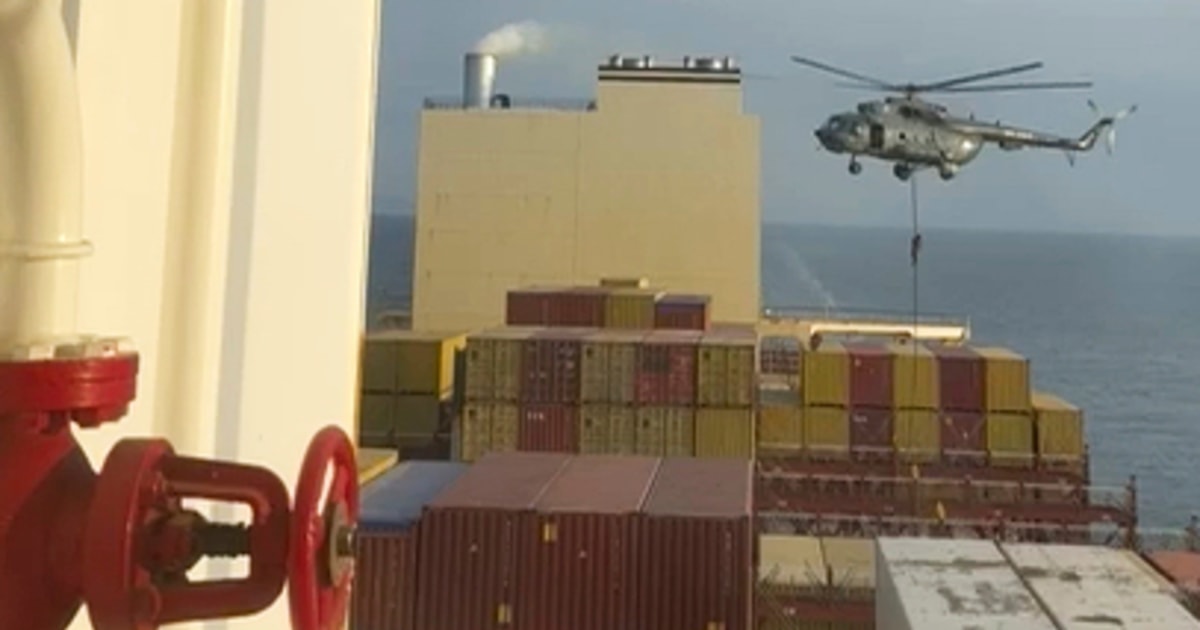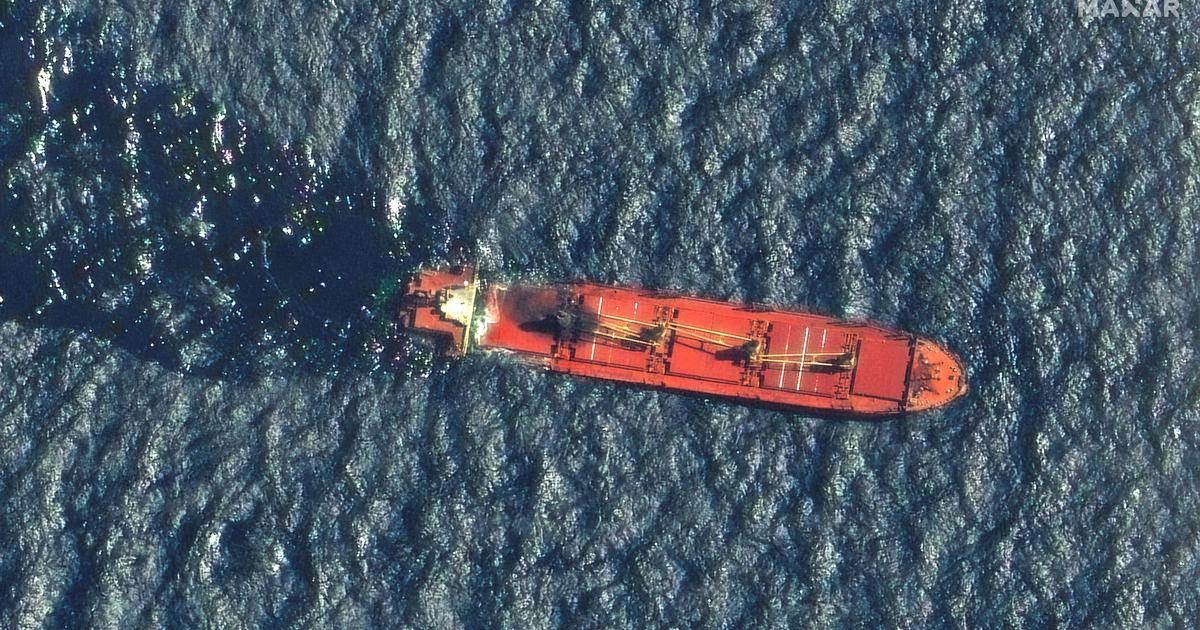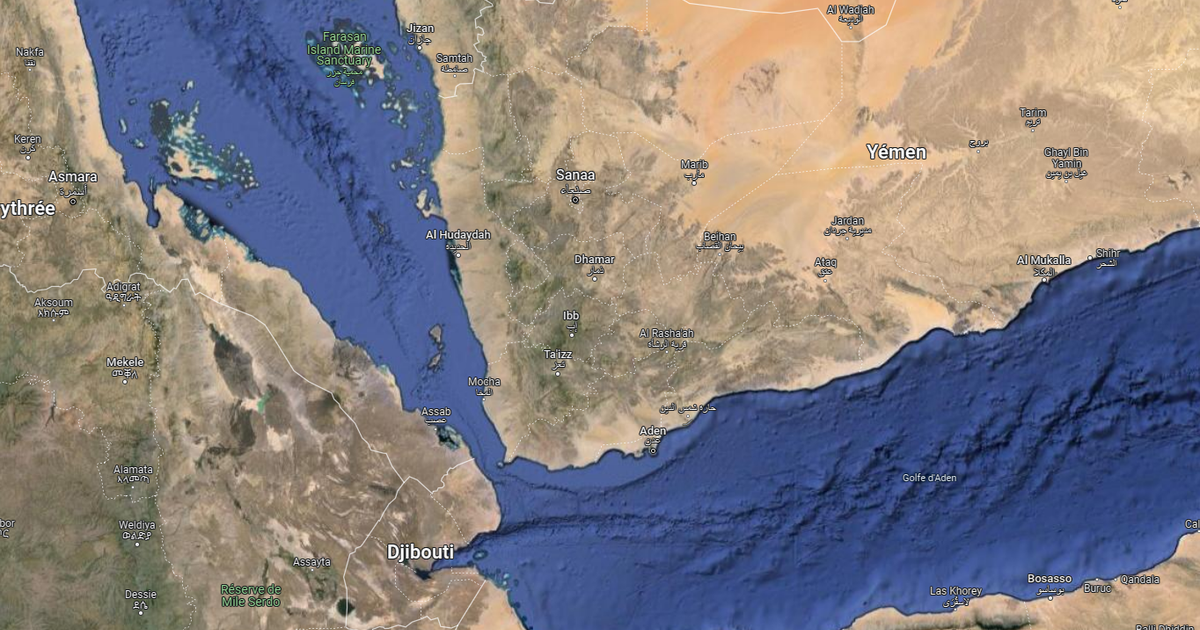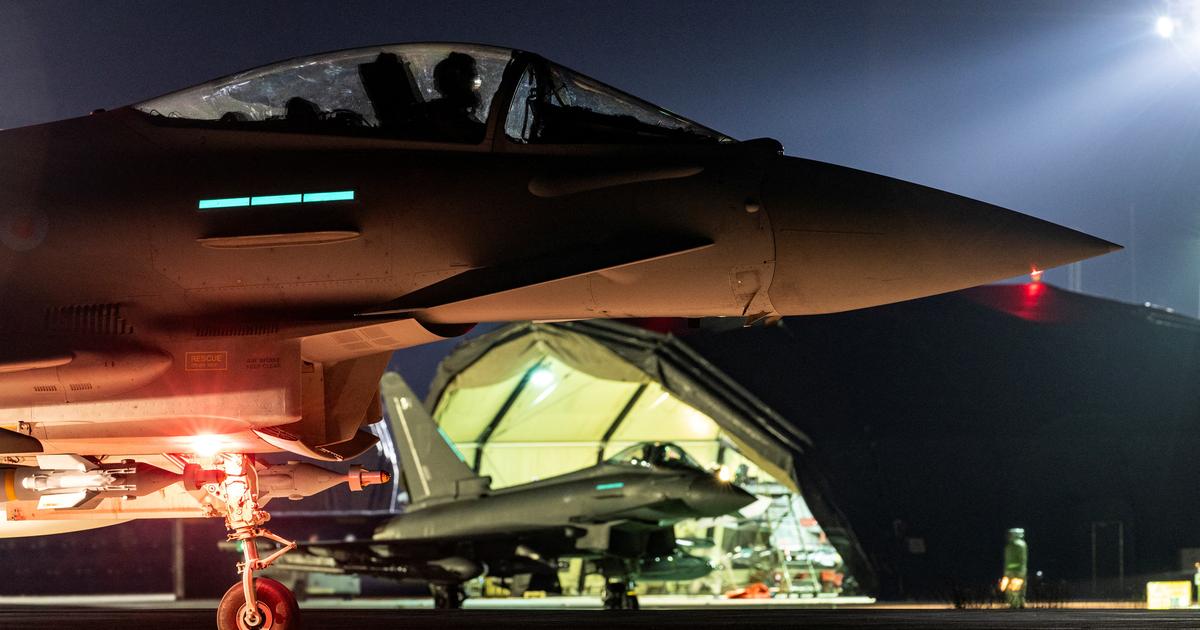Anyone who wants to harm the rulers in Saudi Arabia attacks their most important source of income: the oil.
The drone strike against the main oil factory in the east of the country, Abkaik, and the Khurai oil field are therefore far more than just a surprising military success. The assassins demonstrated to the world the surprising vulnerability of the world's largest oil exporter and major ally of the US on the Gulf: Saudi Arabia has to temporarily cut its daily production by half, from ten million barrels a day to five. That's five percent of the world's oil consumption.
Six hours after the attack, the Shiite Houthi rebels in Yemen claimed the attack. A spokesman soon announced further "more extensive and painful operations" to the Saudi regime should the Saudi "aggression and siege" continue in Yemen.
But how did the Houthi rebels come up with this technology that enables them to strike so effectively at such a great distance? And from what basis did the allegedly ten armed drones launch before their explosive cargo landed on the refinery and oil field? The Yemeni border is 1000 kilometers from the place of the attack.
The attacks, it said in Washington, came from the north and northwest, suggesting an attack not from Yemen, but from Iran or Iraq. At least 17 impact points were seen on US satellite photos.
US Secretary of State Mike Pompeo immediately accused Iran of standing behind the "unprecedented attack on the world's energy supply". He did not provide specific evidence for this claim, except for pointing out that "it was not proven that the attack came from Yemen." Republican Senator Graham Lindsey has already called for "attacking Iranian oil refineries." US officials also said that President Donald Trump is ready to take "military action". An escalation seems inevitable.
Iran, however, strongly resists the allegations. Just because Pompeo's strategy of "maximum pressure" against Tehran failed, he is now trying "maximum deception," Foreign Minister Mohammad Javad Zarif wrote on Twitter. The US and its "customers", meaning the Saudis, were stuck together in Yemen, the politician continued. It therefore helps little to blame for the "disaster" Tehran.
Stringer / REUTERS
Smoke over the burning Aramco refinery
Cheers in Yemen over the attack
In Sanaa, however, the Yemenites celebrated their success over the defeated Saudi Arabians. The successful attack is Stadtgespräch number one, a supermarket owner reported to the SPIEGEL.
A Yemeni Twitter user wrote that he had "quickly filled his tank" before oil prices rose. Another said whether it would be "in the coming attacks, such as the refinery in Yanbo" near the Egyptian border, then hopefully also say that the drones came from Egypt, so from an allied neighbor?
Insiders in Sana'a who are not members of any particular camp claim that the Huthis actually developed their own drone technology, albeit with technical assistance from Iran and Hezbollah. Yemenis in the US and Europe would have helped as well. Already in March 2019, a high-ranking Huthi revolutionary, Mohammed Ali Al-Houthi, in an interview with the TV station France 24 announced that they wanted to commit attacks on facilities of the state-owned oil company Aramco. This was apparently succeeded.
The combat drones may not even have started from Yemen, speculates a security analyst who has been working in Sanaa for three decades, but does not want to see his name published for security reasons. For the first time, the rebels had spoken of a "cooperation with honorable and free men within the kingdom". The claim is that the Houthis have helpers within Saudi Arabia fighting with them against the regime of King Salman and the powerful Crown Prince Mohammed bin Salman.
Mohammed bin Salman, who started the war in Yemen as Secretary of Defense four years ago, has already said he is "ready and able" to respond to the attacks.









